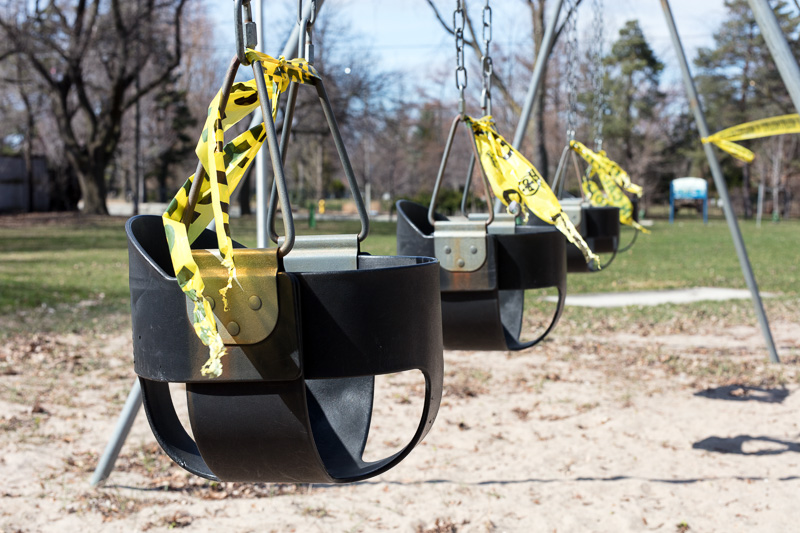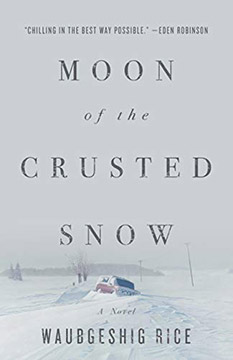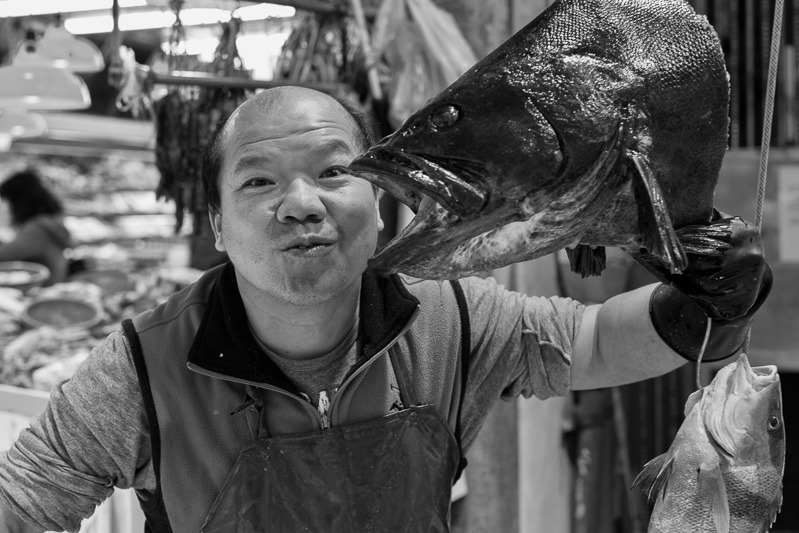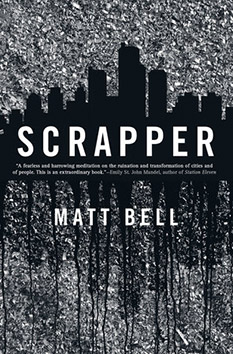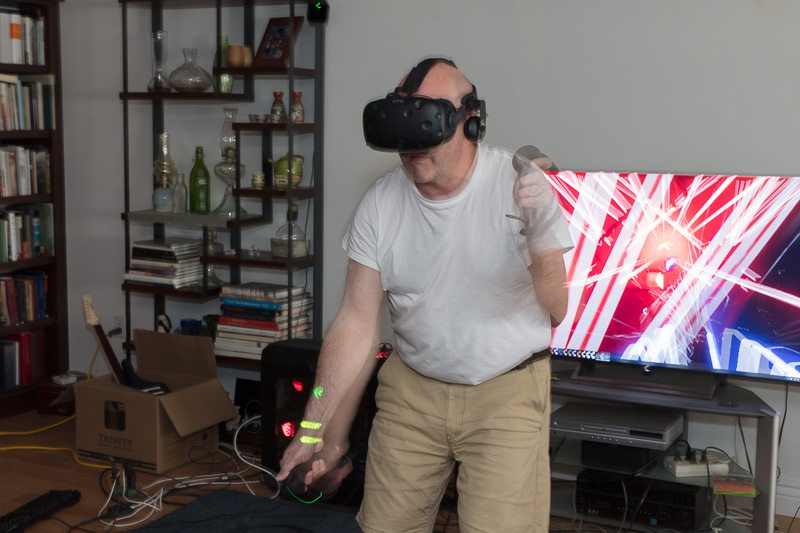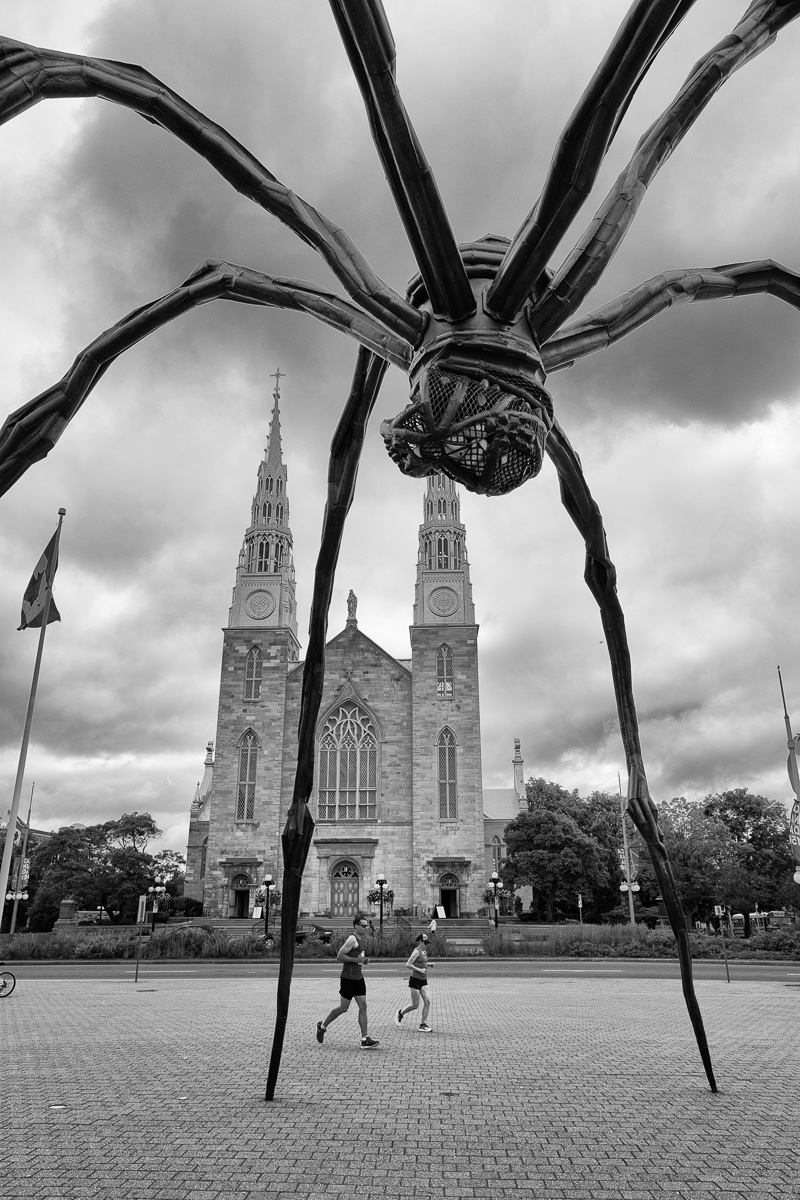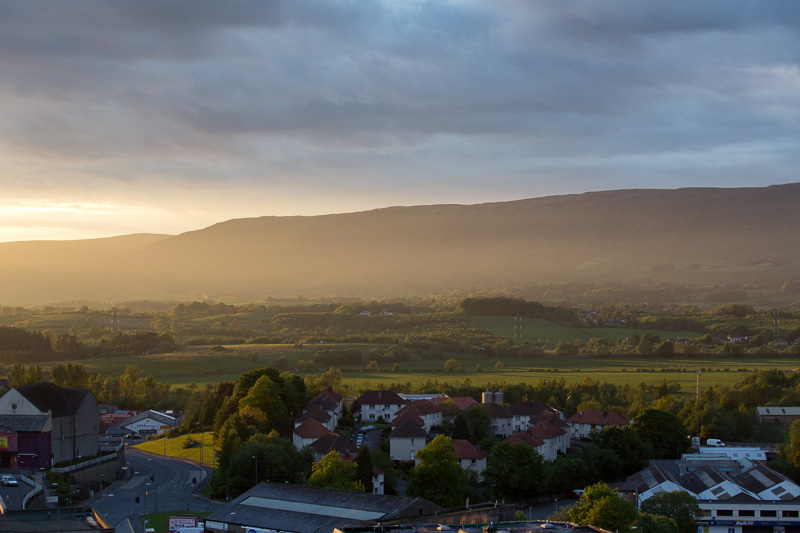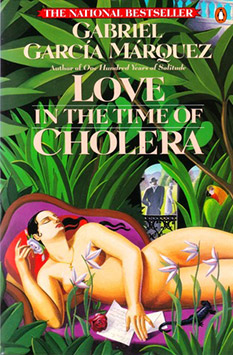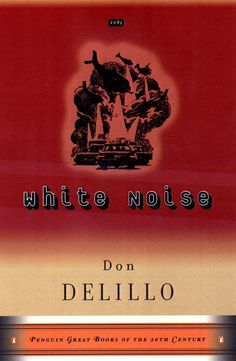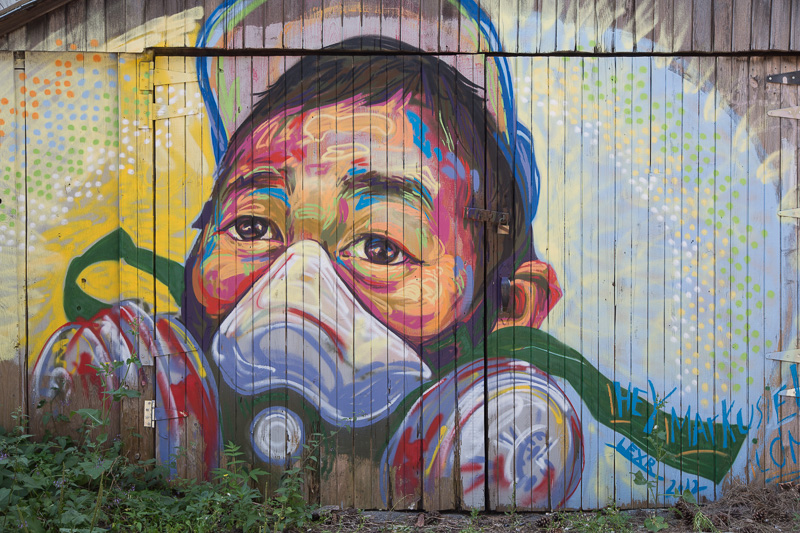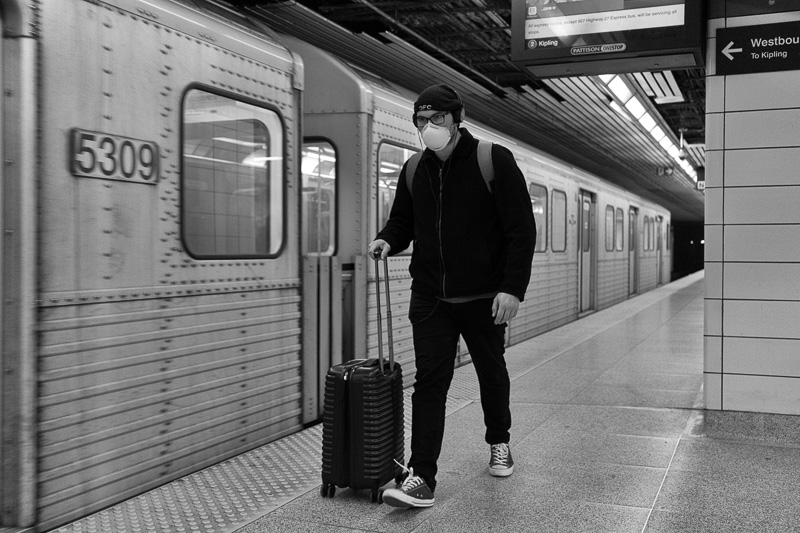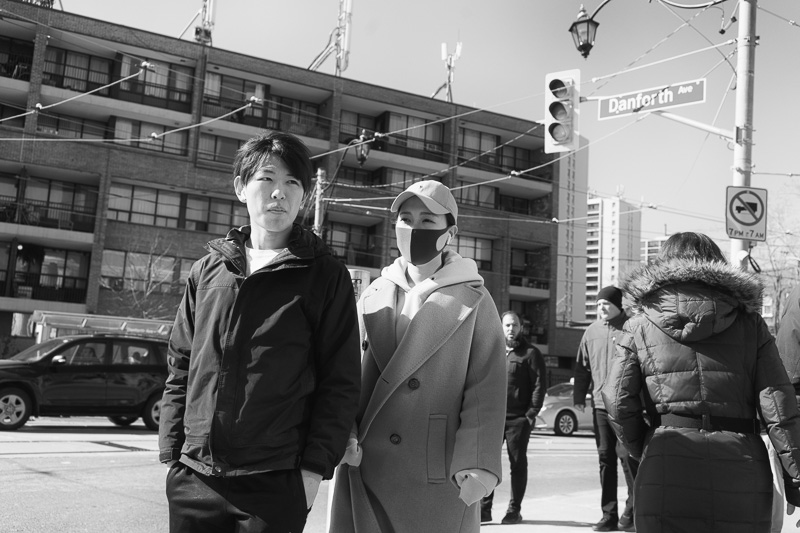I wonder how we will return to normal. Will we allow our children to play freely? Or will we regulate public play? Maybe the state won’t need to regulate childhood interactions. Maybe it will be enough for anxious parents to hover on the edges of our playgrounds.
Tag: Covid-19
Moon of the Crusted Snow, by Waubgeshig Rice
Moon of the Crusted Snow, by Waubgeshig Rice (ECW press) came to my attention with the life-imitates-art story on the CBC of a Quebec couple who drove to Whitehorse then flew from there to Old Crow, the Yukon’s northernmost community.
Chinese Wet Markets
The more someone like Trump points at China and Wuhan and wet markets, the more inclined I am to suspect that he’s trying to play us. It’s more of the same: sow confusion, ratchet public discourse into screaming matches, distract us from his acts of personal enrichment.
A Photographer Dreams in Lockdown
I went to work and my boss told me I’d have to start working from home. I said I was happy to go along with the new rules, but I did have one question: how do spies work from home?
Scrapper, by Matt Bell
This time, what renders the novel dystopian is that it “imagines” America—or at least the heart of Detroit—as a post-industrial wasteland. I put the word “imagines” in quotation marks because, at this point in time, Matt Bell could write reportage instead of fiction and end up with the same book.
Half-Life Alyx and William Wordsworth
I wonder if there is such a thing as a literature of self-isolation. I suppose there is if I say there is. All I have to do is find examples and thread them together in some coherent account.
Covid-19 Self-Isolation Self-Portraits
I think it was Jean Mohr who recommended that all serious photographers produce a self-portrait at least once a month. I can’t locate the source of the quote, so I don’t know the reasons for his recommendation. However, I can come up with some reasons on my own.
The War of the Worlds – Alien Invasion in the Age of Covid-19
Although The War of the Worlds, by H. G. Wells, concerns an alien invasion by Martians, it is nevertheless relevant in the context of a pandemic. Microscopic pathogens figure in the plot.
Trump Bans 3M Export of N-95 Masks to Canada
Canada may end up adopting the province of Québec’s motto: je me souviens. In years to come, we will say to ourselves: I remember the day America betrayed us.
Love in the Time of Covid-19
In the human imagination, a disease is never just a disease, a plague is never just a plague. Humans cannot help but ascribe meanings that lie far beyond the medical descriptions of these events.
White Noise, by Don DeLillo
When power seeks to exploit disaster, we look to the arts for our prophetic voices, those who will ground authority by exposing folly and drawing us back to the centre. In White Noise, DeLillo does this through satire.
George Orwell and Graffiti
Near the end of Homage to Catalonia, George Orwell’s memoir of his service in the Spanish Civil War, Orwell confesses that he was not above resorting to graffiti.
Social Distancing
What will be the longterm consequences of this pandemic. Will it permanently alter the way we gather in public? Will public authorities take greater care to manage crowd control? Will photographers ever again be able to follow Capa’s dictum as we try to document what happens in the streets of our cities?
The Plague, by Albert Camus
To amuse myself during this period of Covid-19 isolation, I have started to work through a reading list of plague-based writings starting with Albert Camus’ 1947 novel, The Plague (La Peste).
Covid-19 in Toronto – Early Days
In his 1947 novel, The Plague, Albert Camus writes of an epidemic, probably bubonic plague, that decimates the inhabits of the French Algerian town, Oran. One of the curious observations he makes is that the “[p]lague had killed all colors”.
